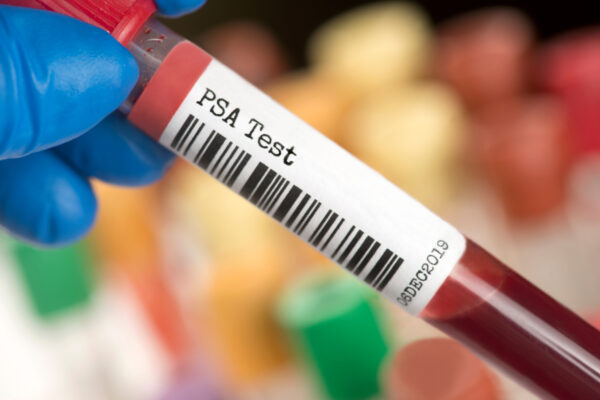Final reports from influential bodies say organised PSA testing makes sense
There is a strong scientific basis for introducing life-saving screening programmes for prostate cancer in EU member states, according to experts advising the European Commission ahead of an expected update to European cancer screening guidelines.
A new review of evidence published by the highly authoritative European scientific advice body SAPEA judges that science supports the introduction of organised prostate cancer screening using PSA blood tests, particularly combined with follow-up MRI scans for men who have a positive blood test result.
The EU’s chief scientific advisors simultaneously published a separate report on cancer screening which made similar recommendations, saying that PSA-based screening with additional MRI follow-up should be introduced “as there is good evidence that screening can reduce deaths from prostate cancer”.
The reports provide a clear steer for what the European Commission should do when it updates its screening recommendations later this year. “What they say is completely in line with our strategy,” said André Deschamps, Europa Uomo Chairman. “We’ve been campaigning on this over many years and we’re very pleased that the reports take into account all the evidence we have presented, along with other groups. It looks as if our EUPROMS study had a particular impact.”
Europa Uomo’s EUPROMS study demonstrated that the more advanced a prostate cancer is at diagnosis, the worse the effects of treatment on quality of life. Therefore diagnosing the disease at an early stage is of paramount importance. The study is highlighted as a case study in the SAPEA report.
“Imposing an upper age limit on screening (possibly around 65–69), and/or a high-quality MRI scan or other accurate additional testing for PSA-positive men, will reduce overdiagnosis and improve the harm-to-benefit ratio,” says the report from SAPEA (Science Advice for Policy by European Academies). "At the current time, limited PSA testing with the addition of biparametric MRI for PSA-positive men is likely to be cost-effective for many EU member states.”
